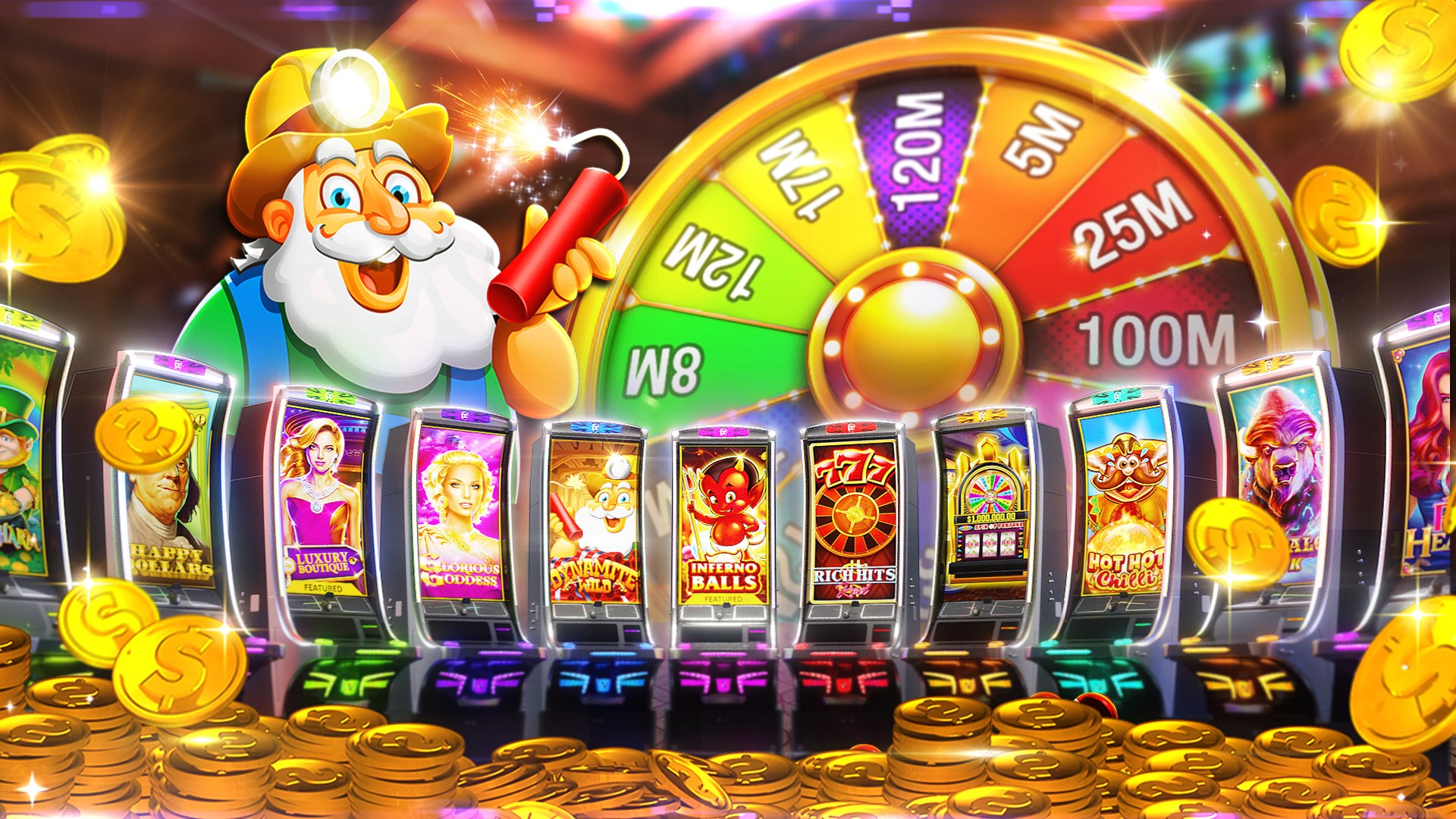Casino experiences have enthralled players for centuries, transforming from simple pastimes to intricate adventures that integrate fortune, tactics, and amusement. From the historical origins of gambling in cultures like the ancient societies of Mesopotamia and Rome to the glitzy corridors of current casinos, the evolution of these games uncovers much about our nature and our relationship with risk. As cultures blended and technological advancements have occurred, casino games have transformed, reflecting societal changes and developments in gameplay.
The primitive versions of gambling likely featured simple dice games and betting on the outcomes of sporting events. As time passed, these primitive activities grew into more complex games like table games, the game of roulette, and the myriad slot machines that fill the floors of casinos today. Each era brought its unique rules, design elements, and sociocultural significance. In the current era, casino games maintain their evolution with the rise of internet-based platforms, enabling players from various parts of the world to join in a common experience, further blending the traditional with the digital age.
Initial Origins of Casino Games
Casino games have origins that reach back to ancient societies, where wagering was profoundly embedded in social traditions and social rituals. The first known forms of gambling developed in ancient Mesopotamia around three thousand BC, featuring basic dice games made from knuckle material. These initial activities laid the groundwork for more complex betting games, showing human beings’ instinctive urge to find fortune and entertainment through luck.
As societies evolved, so did their gambling pursuits. In early Chinese culture, around 2300 BC, tiles were unearthed that looked like early rudimentary versions of a lottery game activity. More structured instances of gambling arose in the ancient Roman civilization, where games of chance were a frequent pastime, often taking place in community events. The ancient Romans developed different betting activities, which included dice and board games, showing the widespread nature of gambling across different economic classes.
With the flow of ages, these primitive activities contributed to the evolution of modern casino activities. In the medieval period, card activities emerged prevalent in European culture, paving the way for the professional gambling establishments we know today. The transition from informal betting to organized gambling in pubs and personal homes marked a significant transformation in how people interacted with games of chance, leading to the subsequent creation of gaming houses as dedicated venues for betting.
The Rise of Current Casino Gaming
The late 1960s and 1970s marked a pivotal change in the world of gambling games, fueled by technological advancements and changes in societal views towards betting. MB66 The introduction of personal computers and the World Wide Web transformed the way gamblers interacted with their favorite casino games. Virtual casinos emerged, enabling players to enjoy traditional table games like Texas Hold’em and blackjack from the safety of their houses. This new digital landscape not only broadened availability to gambling options but also attracted a newer audience who found the comfort and diversity attractive.
As online gambling gained momentum, so did advancements in gaming technology. The development of advanced programs and visual elements converted classic casino games into immersive adventures. Gamblers could now connect with live live dealers through live feeds, importing the atmosphere of physical casinos directly into their living rooms. This blending of in-person play with digital interfaces created a novel combination that enhanced the community element of gambling, allowing it possible for individuals to connect and challenge with others around the planet.
Furthermore, the growth of mobile gaming substantially changed the casino landscape. With the widespread use of mobile phones and touch devices, players can enjoy their beloved casino games everywhere, whenever. Mobile apps offer a extensive range of options optimized for mobile screens, serving the dynamic lifestyle of contemporary gamers. This easy access has led to growing involvement in casino games, contributing to the exponential growth of the gaming industry. As a result, the prospects of the gaming industry continues to progress, adapting to technological advancements and changing consumer preferences.
How Technology Influences Casino Games
The evolution of technology has significantly transformed casino games, enhancing the overall gaming experience for gamblers globally. As the internet emerged, online casinos were created, allowing players to play their preferred games from the comfort of their homes. This shift not only made casino games more accessible but also increased the variety of games available, as online platforms could offer many different versions of traditional games without the limitations of brick-and-mortar establishments.
The rise of mobile technology further transformed the casino gaming landscape. With the proliferation, players can to play casino games whenever and wherever they want. This mobility has led to the development of dedicated mobile applications and optimized websites that provide seamless gaming experiences. Additionally, advancements such as live dealer games have brought the authentic atmosphere of a casino into players’ homes, bridging the gap between physical and online gaming.
Moreover, advancements in AI and VR are paving the way for the next generation of casino games. AI enhances game design and player interaction, creating tailored experiences based on user behavior and preferences. Meanwhile, virtual reality offers immersive environments where players can engage in a simulated casino setting, making the gaming experience more engaging and lifelike. As technology continues to evolve, the future of casino games looks promising, filled with endless possibilities for advancements and entertainment.

